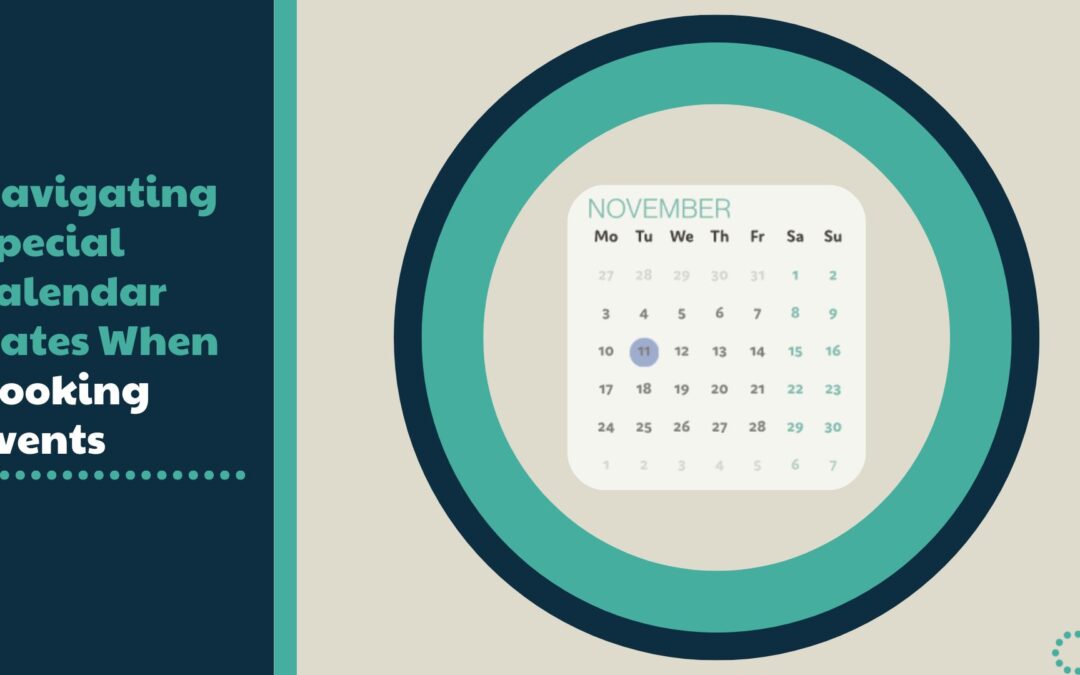When planning events, it’s crucial to consider special calendar dates that may impact attendance and engagement. Being mindful of religious observances, cultural festivals, and local events ensures inclusivity and maximizes participation. To make your planning even easier, we’re sharing a downloadable and printable 11×13 calendar for 2025 and 2026—perfect for mapping out key dates and avoiding scheduling conflicts.

1. Know your audience
Many aspects of your attendee profile can affect which special dates matter.
1.1 Understanding Religious Observances
Canada’s settler community’s Christian origins mean that the major Christian holidays are mostly already baked into our national statutory holidays (Christmas… Easter Friday…). We have to be more intentional in our consideration of religious holidays celebrated by all other faith communities. It’s particularly important to remember that religious holidays often begin at sundown the evening before the official date. For instance, Jewish holidays commence at sunset the prior day, a detail that’s easy to overlook but crucial for inclusive scheduling. Dates for Muslim holidays are often listed as tentative, because Muslims rely on Moon sightings to determine the dates of religious holidays. Additionally, not all religious holidays hold the same significance for everyone. A holiday that’s critical for one person may not even register for another. Understanding the importance of specific observances to your audience helps build trust and inclusivity.
1.2 What matters to your attendees?
What matters depends on your audience’s demographics and where they are coming from! For example:
Halloween: This date might seem trivial to some, but it’s significant for attendees with young children, who are often tied to family commitments. Scheduling an evening event on October 31st? Expect a lot of no-shows from this demographic.
March Break: Similarly – March can be a mine-field of holiday juggling for families with school-aged children, since most provinces in Canada schedule a week-long winter break in one of the three middle weeks of March.
Out-of-Town vs. Local Guests: If your attendees are local, scheduling near other local events may not be as problematic. However, for out-of-town participants, even minor holidays or popular regional events could strain travel logistics and accommodations.
1.3 Local Events and Festivals
Local events can significantly impact your event’s success. Examples include:
Calgary Stampede: Held in early July, this internationally renowned rodeo and festival draws over a million visitors, affecting local hotel availability, traffic, and venue options.
Old Home Week in Prince Edward Island: This mid-August celebration features the Gold Cup & Saucer harness race and is a major draw for locals and visitors alike. If your event overlaps with this week, expect heightened demand for accommodations and other resources.
Other examples of regular events to consider are Chinese New Year, National Indigenous Day (June 21) which is observed across Canada but is a Statutory holiday in the Northwest Territories and the Yukon. One-off events can also have a huge impact. Taylor Swift’s concert dates in Toronto in November 2024 caused a great deal of compression in the months on either side and spiked hotel prices.

2.Practical Steps for Event Planning
- Research and Awareness: Keep a comprehensive calendar of religious holidays, cultural festivals, and local events relevant to your audience. (such as our downloadable and printable 11×13 calendar for 2025 and 2026!)
- Engage with the Community: Consult with community leaders and local tourism boards to understand the significance of various events and their potential impact.
- Flexible Scheduling: If your event is linging up with a date that may be special for some attendees – try to make allowances in your schedule of events. End early on Halloween so folks can get home. If there is an important weekend celebration, try to finish on the Thursday since many might want to take the Friday off.
- Go Hybrid: Offering the opportunity to participate virtual allows people who may not be able to travel because of dates of cultural or religious importance to engage in your content while not sacrificing their personal commitments. Win-win!

3.Your Free 2025-2026 Calendar
To help you navigate the complexities of event scheduling, we’re sharing our own downloadable and printable 11×13 calendar for 2025 and 2026. This resource highlights major holidays, observances, and blank space for noting local events specific to your audience. [Download it here!]
By thoughtfully navigating special calendar dates and understanding your audience’s needs, you can create inclusive and well-attended events that respect and celebrate diversity.
Better yet – get in touch and we can help!

